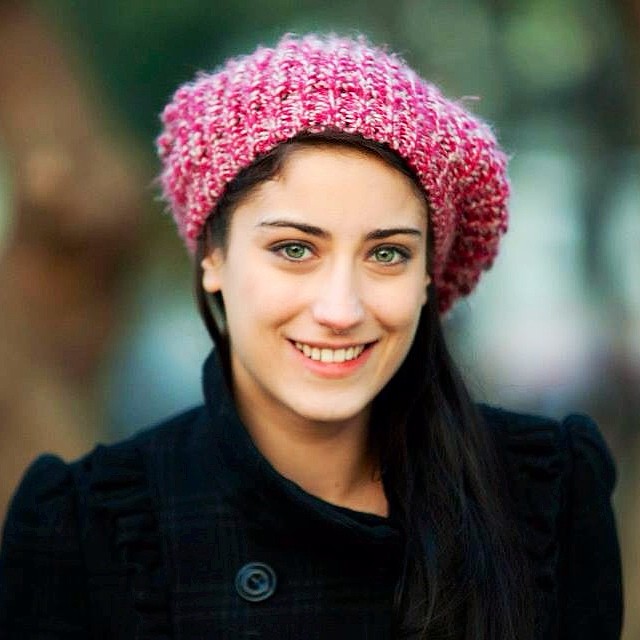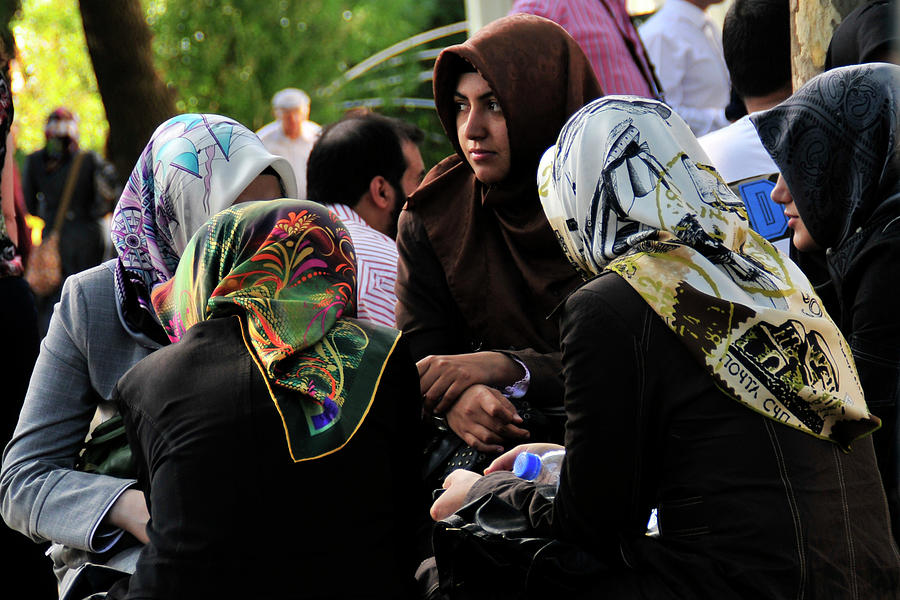Turkish salvar
Helpful Information To grab my essay
10 novembre 2019Ukraine Date Full Review [up to date mar 2020]
10 novembre 2019Turkish salvar
The Greater Middle East was a political term coined by the second Bush administration in the first decade of the twenty first century, to denote various countries, pertaining to the Muslim world, particularly Iran, Turkey, Afghanistan and Pakistan. The term « Middle East » could have originated in the 1850s within the British India Office.
Religion in Turkey
In March 2018, Moody’s downgraded Turkey’s sovereign debt into junk status, warning of an erosion of checks and balances underneath Recep Tayyip Erdoğan. In May 2018, credit score ratings agency Standard & Poor’s reduce Turkey’s debt rating further into junk territory, citing widening concern in regards to the outlook for inflation amid a sell-off within the Turkish lira currency. « Access to YouTube blocked until additional notice due to « non-Islamic » videos » Archived November 19, 2015, at the Wayback Machine, Reporters Without Borders, February 27, 2008. YouTube was blocked in South Sudan due to controversy regarding Innocence of Muslims, a controversial anti-Islamic movie. On December 23, 2016, YouTube again turned briefly inaccessible in Turkey according to stories validated by internet monitoring group Turkey Blocks after footage that allegedly confirmed the immolation of Turkish soldiers by jihadists was shared on the site.
The fashionable Middle East began after World War I, when the Ottoman Empire, which was allied with the Central Powers, was defeated by the British Empire and their allies and partitioned into a number of separate nations, initially beneath British and French Mandates. Other defining occasions on this transformation included the institution of Israel in 1948 and the eventual departure of European powers, notably Britain and France by the top of the Sixties. They were supplanted in some half by the rising influence of the United States from the Seventies onwards.
Sultan Mehmed II allowed the institution of the Patriarchate in 1461, just eight years after the Fall of Constantinople in 1453. The Patriarch was acknowledged as the non secular and secular chief of all Armenians within the Ottoman Empire, and carried the title of milletbaşı or ethnarch as well as patriarch. seventy five patriarchs have dominated in the course of the Ottoman period (1461–1908), 4 patriarchs within the Young Turks period (1908–1922) and 5 patriarchs within the current secular Republic of Turkey (1923–current).

According to a Turkish research based on a big survey in 2006, 0,7% of the whole population in Turkey have been ethnically Arab. Turkish literature is the collection of written and oral texts composed in the Turkish language, both in its Ottoman form or in much less completely literary types, corresponding to that spoken within the Republic of Turkey at present.
Censorship of YouTube
More than 34% of the property in the Turkish banking sector are concentrated in the Agricultural Bank (Ziraat Bankası), Housing Bank (Yapı Kredi Bankası), Isbank (Türkiye İş Bankası) and Akbank. Political involvement was minimized and loaning insurance policies have been changed. There are additionally numerous international banks, which have branches in Turkey. A variety of Arabian buying and selling banks, which follow an Islamic banking, are additionally present within the nation.
Islamic dietary laws
A study in 2015 discovered that « Previous genetic research have usually used Turks as representatives of historical populations from Turkey. Our outcomes show that Turks are genetically shifted in direction of Central Asians, a pattern consistent with a history of mixture with populations from this region turkish wives« . In dire straits, the Byzantine Empire turned to the West for assist setting in motion the pleas that led to the First Crusade. Once the Crusaders took Iznik, the Seljuk Turks established the Sultanate of Rum from their new capital, Konya, in 1097. By the 12th century the Europeans had begun to call the Anatolian area « Turchia » or « Turkey », meaning « the land of the Turks ».
In follow, Turkey only acknowledges Greek, Armenian, and Jewish spiritual minorities. Alevi, Bektashi, and Câferî Muslims amongst other Muslim sects, as well as Latin Catholics and Protestants, aren’t acknowledged formally. In 2013, the European Court of Human Rights dominated that Turkey had discriminated towards the non secular freedom of Alevis.
Because of this, Islam may be seen both as a unification and as a pressure of division in Arab identification. A study involving mitochondrial evaluation of a Byzantine-period inhabitants, whose samples were gathered from excavations within the archaeological website of Sagalassos, found that the Byzantine population of Sagalassos may need left a genetic signature in the modern Turkish populations. Modern-day samples from the close by town of Ağlasun showed that lineages of East Eurasian descent assigned to macro-haplogroup M have been discovered in the fashionable samples from Ağlasun. This haplogroup is significantly extra frequent in Ağlasun (15%) than in Byzantine Sagalassos.
By the 19th century, the empire started to decline when ethno-nationalist uprisings occurred across the empire. Thus, the last quarter of the 19th and the early part of the 20th century noticed some 7–9 million Muslim refugees (Turks and some Circassians, Bosnians, Georgians, and so on.) from the misplaced territories of the Caucasus, Crimea, Balkans, and the Mediterranean islands migrate to Anatolia and Eastern Thrace.
Since the 4th century, Istanbul (Constantinople) has been the seat of the Ecumenical Patriarchate of Constantinople (unofficially Fener Rum Ortodoks Patrikhanesi), which is among the fourteen autocephalous Eastern Orthodox church buildings, and the primus inter pares (first among equals) within the Eastern Orthodox communion. Other Eastern Orthodox denomination is the Turkish Orthodox Patriarchate with robust influences from Turkish nationalist ideology. Turkey’s most recognizable religious constructing, the Hagia Sophia.
Due to the shut relations between the Ottoman Empire and France, Ottoman architecture began to be influenced by the Baroque and Rococo styles that were well-liked in Europe. A style that was very similar to Baroque was developed by the Seljuk Turks, in accordance with a variety of lecturers. Examples of the creation of this art type can be witnessed within the Divriği Hospital and Mosque, which is a UNESCO world heritage web site, as well as within the Sivas Çifte Minare, Konya İnce Minare museums and many different buildings from the Seljuk interval in Anatolia.
Islam
Such efforts had been opposed by most of the state elite, who believed that secularism was an important principle of Kemalist Ideology. This disinclination to appreciate non secular values and beliefs steadily led to a polarization of society.
The consumption of alcohol is prohibited in the Islamic religion, but was practised extensively within the ruling class of the Ottoman Empire. Murad IV ( ) forbade drinking alcohol by regulation regardless of being a drinker himself. Turkey has been a secular country since its institution in 1923, and the consumption of rakı in particular is a big part of Turkey’s food culture. However, today, 83% of adult Turks report being teetotal, and at 1.5 litres per head, alcohol consumption is the bottom in Europe. Since the flip of the twenty first century, there have been efforts to create organizations that certify meals merchandise as halal for Muslim customers within the USA.

Islam in Turkey
By 1994 slogans promising that a return to Islam would remedy economic ills and clear up the issues of bureaucratic inefficiencies had enough general enchantment to enable avowed spiritual candidates to win mayoral elections in Istanbul and Ankara, the nation’s two largest cities. In 1068 Alp Arslan and allied Turkmen tribes recaptured many Abbasid lands and even invaded Byzantine regions, pushing additional into jap and central Anatolia after a major victory at the Battle of Manzikert in 1071. During the Muslim conquests of the seventh and early 8th centuries, Arab armies established the Islamic Empire. The Islamic Golden Age was soon inaugurated by the middle of the eighth century by the ascension of the Abbasid Caliphate and the transfer of the capital from Damascus to Baghdad. The established presence of Islam within the region that now constitutes modern Turkey dates back to the latter half of the 11th century, when the Seljuks began increasing into japanese Anatolia.

